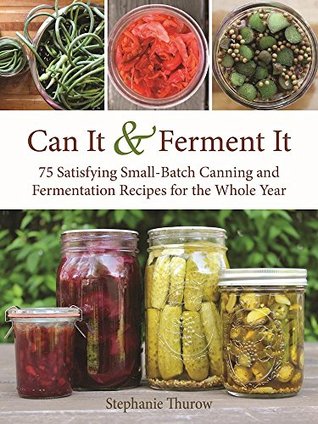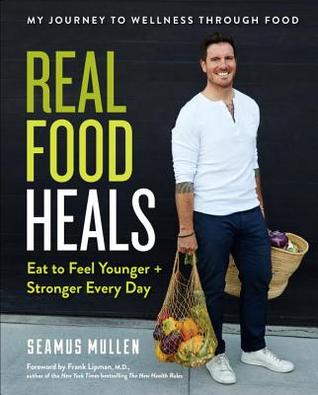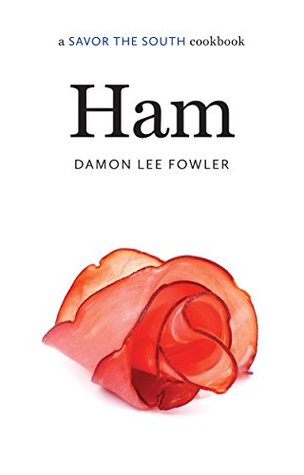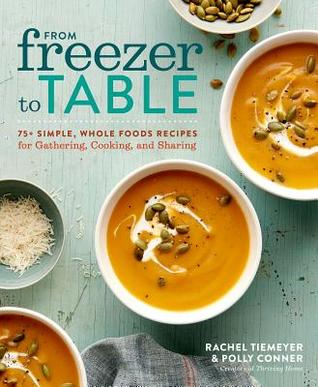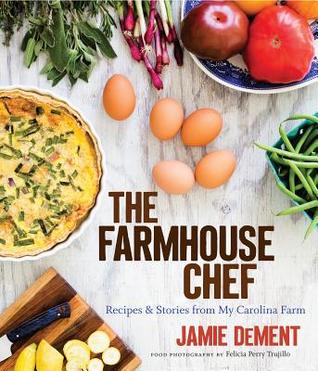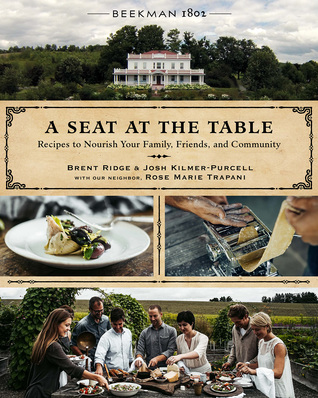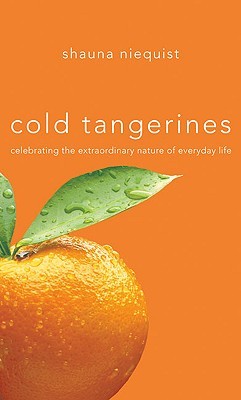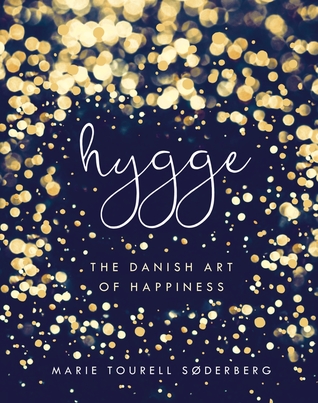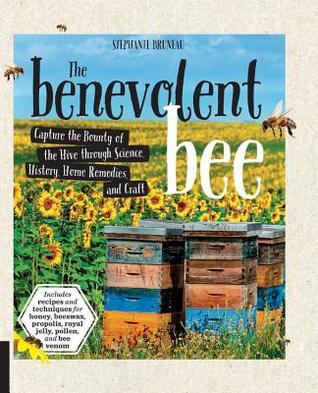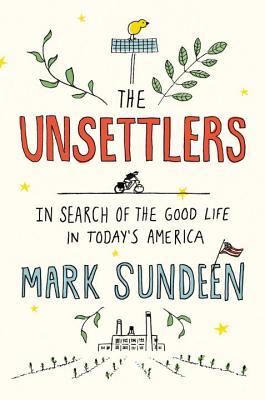Cold Tangerines by Shauna Niequist
Shauna Niequist has become one of my favorite authors. She is so gifted at articulating thoughts and emotions in a way that just beautifully illustrates her points. In this collection of essays she focuses on celebrations and not just when things are going well, but celebrating the little things even during a hard time. Niequist says, "There have been books that have affected me, and when I was finished, I felt like I had met a friend." (p. 239). When you finish one of her books you feel like you have a new friend and you wish the conversation could just keep going.
A quote I really liked:
"Despair is a slow death, and a lifetime of anger is like a lifetime of hard drinking: it shows in your face and your eyes and your words even when you think it doesn't." (p. 9)
Hygge: the Danish art of happiness by Marie Tourell Soderberg
This is a really beautiful book with lots of photographs to draw you in. It's more of a celebration of hygge instead of a manual of how to incorporate hygge into your own life. The author and others contribute short essays about how they celebrate hygge in their own lives. The book is divided into sections like "Inviting hygge to the table," "how to bring hygge into your home," and "hygge throughout the year." I thought it was a nice meditation on hygge, as opposed to other books I've read that were more instructional almost. It's a quick read as most of the essays or sections are pretty short and there are a lot of beautiful pictures. Definitely worth checking out.
The Benevolent Bee by Stephanie Bruneau
This is not your typical "how to get started beekeeping" book. While Bruneau does go over what it takes to get started keeping bees this book focuses more on what you can do with all the bee products you'll have access to as a beekeeper. Most people only think of getting honey from bees, but there is so much more. She covers how to use propolis, bee pollen, honey, royal jelly, bee venom, and beeswax. With each item she goes over how this product has been used historically, the benefits of it, and recipes for how you can use it. This might be a book I end up buying because there is so much good information that would be helpful to have on hand in the future once we're actually harvesting honey and beeswax from our bees. I would recommend this one to anyone who's already keeping bees and is interested in what else you can harvest beyond honey.
The Unsettlers: in search of the good life in today's America by Mark Sundeen
This is a book about people who are going against the cultural grain by living a life that is not defined by money and stuff. Mark Sundeen tells the stories of 3 families who are creating a life outside the cultural box. Sarah and Ethan bought a 60 acre farm sight unseen in Missouri in order to start the Possibility Alliance a farm that used no fossil fuels or debt to live simply. Olivia and Greg are urban farmers in the heart of Detroit making a living from farming and trying to change their city from the inside out. Luci and Steve run Lifeline Farm one of the first organic farms in Montana and struggle to raise their children in a consumer-driven society while opting out of that same consumerism. In each couple's story Sundeen explores the path they took to get to where they are now. Hardcore is the word that kept coming to mind when I was reading this book - these people are DETERMINED to change the world if only the world of their immediate surroundings. This book reminded me a lot of Saved: how I quit worrying about money and became the richest guy in the world by Ben Hewitt. Both of these books really make you examine yourself and your own relationship with money and work and happiness. Definitely a unique book about some really unique people. I'll be thinking about this book for a long time.
Some quotes I really liked:
"But the comfortable life is a slippery slope toward the consumer life." (p. 7)
"Ethan and Sarah seemed immune to the anxieties that plagued most parents I knew. They worked - at home - between six and eight hours a day, much of it outdoors, much in the company of their daughters. As for the headaches of modern life - bills, smartphones buzzing at dinner time, children throwing tantrums about wanting the latest gadgets their friends had, the need to chauffeur them in rush-hour traffic to and from school and lessons - Ethan and Sarah had simply eliminated them." (p. 99)
"Pulling a small thread - asking where your tomatoes or your drinking water come from - causes the whole system to unravel, leading some to conclude that what's needed is cultural revolution. What Campbell aspired to - and what he felt Sarah and Ethan had achieved - is 'practicing right livelihood in the belly of empire.'" (p. 114)
"'Almost everyone will tell you that family's the most important thing,' [Steve] told me, 'but so many of us live life the opposite.'" (p. 244)
"'Rich people are a bit like dogs,' [Steve] told me, 'One is always great, it's when you get them in a pack that they cause trouble.'" (p. 256)
"When Steve focused on hanging [wall]paper, time ceased to function. It was the sensation he had read about, the transcendence of the material world, that he could never find sitting cross-legged, staring at infinity. But when he held tools in his hands and put them to use, he achieved a meditative state...After he landed a union job [making fourteen-dollars and hour]...it drove him crazy that no matter how many square feet he hung, he'd still make $112 a day. There was no challenge, no incentive. The ability to work fast should be rewarded, first by making more money, and second by getting home sooner. But on the union crew, time did not disappear. Instead, the clock ticked by in maddening increments." (p. 259-60)
"[Steve and Luci] wanted to teach their children the value of working for what they get. 'I'm not sure we'd do anything differently if we had all the money in the world,' Luci said. 'I'm not sure paying for everything is the best strategy. I want this kid to have a dog in the fight.'" (p. 292)
"'The question should not be organic versus non-organic,' Steve said, 'but corporate versus non-corporate. When you support big corporations, you don't spread justice to humanity.'...[after 17 years of being certified organic on their farm] Steve and Luci and a handful of other farmers quit organic certification. They launched the Montana Sustainable Growers Union, branding their produce with an ornery stamp: HOMEGROWN." (p. 299-300)
"What unites Ethan and Sarah, Greg and Olivia, and Luci and Steve is not what they've quit but what they have gained. They find true joy in their work. They aren't just suffering and renouncing. By living within limits, they find the sort of abundance that so many of us long for. And after that, the need for money and cars and big homes just seems to fall away." (p. 306-7)

H is for Hawk by Helen Macdonald
It's so disappointing when a book you've really looked forward to reading is terrible and that was the case with this book. If it wasn't for book club I would have put it down after the first chapter. Helen Macdonald was always interested in hawks and falconry, but after he father passes away suddenly she impulsively decides to train a goshawk - one of the fiercest hawks. She purchases Mabel from a breeder and simultaneously trains Mabel and works through her grief over her father's death. But her story is also interspersed with a semi-biography of the author T.H. White, who wrote The Goshawk about his own time training a goshawk. This added NOTHING to the book. I've never read anything by T.H. White and after this book I never will. His story is so vulgar and depressing and terrible that it truly made the book and Macdonald's story even worse. Other than his own experience with training a goshawk, I have no idea when she focused so much on his story here. Overall, very disappointing and a real downer of a book overall. I'll be interested to see what my book club thinks about it too.

The Second Mrs. Hockaday by Susan Rivers
Placidia Fincher marries Major Hockaday when she is seventeen years old. On leave from fighting in the Civil War, Major Hockaday only has a few days with his new wife before having to go back to the front lines. Placidia is left to care for Major Hockaday's small child from his first wife and manage his 300 acre farm with only the help of a few slaves. During the 2 years that Major Hockaday is away fighting Placidia is barely able to hang onto the farm and endures many horrors of wartime. When Major Hockday returns he finds out that while he was gone Placidia bore a child and is accused of murdering it. When she refuses to explain herself he has her arrested. Told exclusively through letters and diary entries, and not in chronological order, Placidia's story unfolds over the course of the book. While I think it's obvious from the beginning who fathered the dead child, you still want to keep reading to find out what happened. Rivers does an extraordinary job of telling Placidia's story and showing the realities of life in the South during the Civil War - it was not a good time for almost anyone living then. The way the story is arranged is really brilliant and it would have been a much lesser book if it had been told in a more straightforward chronological way. This should make for a great book club discussion!
Some quotes I liked:
"Did you know this? - Pandora's name translates from the Greek as 'the gift of all.' I know that is how Mother would have interpreted this myth. If you don't arm yourself with knowledge - if you don't look truth in the face - you won't understand your own life. And in misunderstanding your own life, you miss the opportunity of giving it significance." (p. 108-9)
"I was prattling on about him in the carriage and you said, 'Try to be a little less clever in a gentleman's company, Roe. Men fear the hard work that comes from living alongside a wit.'...It was only later, as I watched my school friends become engaged and married, that I realized you had not spoken to me that night with the intent to wound, but had been trying to spare me a lonely life of spinsterhood." (p. 189)
"But I see that the great enemy in this battle is not the abolitionist, the Yankee soldier with his repeating-gun and well-made boots, or the negro who drops his work and runs towards the first scrap of blue cloth he spies between the trees. Our enemy is [him] and all the people like him, who never question their motives or doubt their desires. They are put on this earth to cause misery, because what they take so freely for themselves comes always at great cost to others." (p. 236-7)
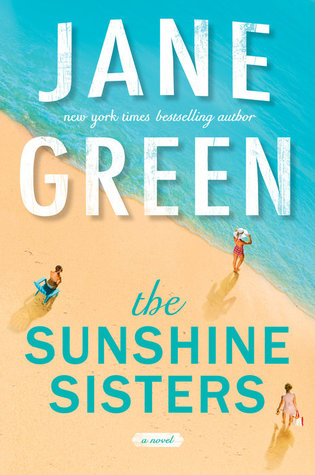
The Sunshine Sisters by Jane Green
Ronni Sunshine was a well-known Hollywood actress, but at home she was a mercurial, demanding, and absent mother to her three daughters. The sisters weren't close to each other and over the years they basically just all tried to get as far away from their mother as possible. But after Ronni is diagnosed with a terminal illness she insists that all her daughters come home. Nell is dependable and reliable as ever running the farm where she's worked since she was a teenager, and her son River is grown and in grad school. Meredith is engaged and living in London working in finance. Lizzy is married with a young son and is a wildly successful chef with her own TV show. However, all three sisters are deeply unhappy with their lives and have no idea how to change anything. But, once summoned home by their ill mother they start to finally reconnect and see each other in new ways. Can the Sunshine Sisters finally connect and become the family they all craved? Told from Ronnie and all three sister's perspectives, this is really Jane Green at her best. Her books have really relatable characters that you're rooting for. While each of the Sunshine Sisters is very different, you find yourself wanting all of them to succeed and reconnect.
